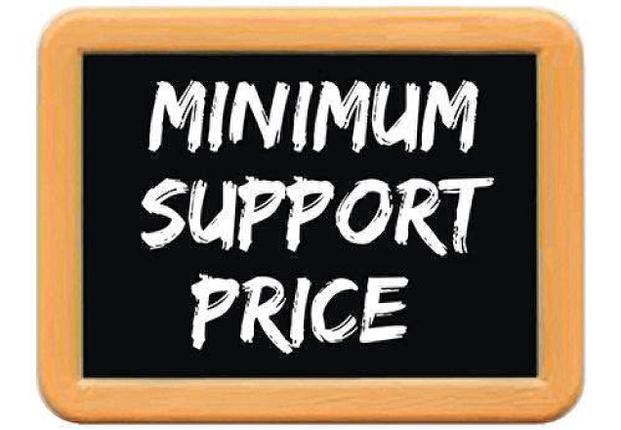Too late, too little. It took the ruling BJP and its prime minister four long years to fulfil a poll promise; one that was to touch positively on the lives of farmers who form 70 per cent of this nation’s population. By raising the Minimum Support Price (MSP) for paddy by Rs200 per quintal this past week, the claim is that one of the major poll promises of the ruling party’s 2014 general elections has been fulfilled. The government took this decision alongside raising or fixing MSP for as many as 13 other crops for the coming Kharif (summer sown) season. Clearly, this was done at the last minute with an eye on the approaching round of assembly elections, followed in quick succession by the next General Election.
Despite the big promise made by the BJP and the Modi government, farmers’ plight has continued unabated. Rather, it has further worsened. Piecemeal efforts are expected to give farmers minor benefits. In reality however, this kind of incremental increase in MSP does not really become effective when the last mile payment is made. In other words, due to a severe lack of proper procurement machinery, the farmer, perforce, has to depend on middlemen while facing distress disposal of the grains and pulses.
Hopes were that the government would heed the farmers’ call to set up mechanisms to eliminate middlemen, and help reach farm produce to markets through direct channels. Hopes were also that cold storages would come up across production and marketing centres in ways that perishable commodities are kept in safe condition when there is an excess production, when there is a transportation problem, or when export process hits a bottleneck. All these mostly remain as dreams for farmers. Even where such facilities have been provided, the beneficiaries were found to be big farmers; not the small and medium sector agriculturists who form the large bulk of farmers.
Lack of an effective insurance mechanism – something that should have benefited farmers across the board – is still a far cry. Crop failure due to vagaries of the season, natural calamities such as floods, drought and cyclones are all too common. A look at the governmental support to the victims of these havocs would show very little has gone their way by way of redressal. The small and medium farmers are largely at the receiving end of loan sharks; and when crops fail, they get caught in a debt trap. Even the RuPay card has failed to deliver in areas where cooperative banking is noticeably weak. This precarious situation is forcing many farmers to commit suicide. As high as 8,000 farmers had committed suicide as per the figures for 2015 released recently. This was an increase of 2,500 suicides the previous year – 2014. The scenario has only worsened in the successive three years.
Farm distress is widespread and the Modi government has done little to improve the situation. Its focus on streamlining the economy, primarily keeping big industry in mind, has resulted in a complete neglect of the farm sector. Interestingly, every Indian is aware that a good monsoon automatically implies a boom for the Sensex. It is difficult to understand why the mandarins controlling the economy ministries always try to underplay the importance of agriculture in India’s GDP figures. By not acknowledging the marginal and small output, a false picture is being regularly generated which in turn is skewing all economic policies.
